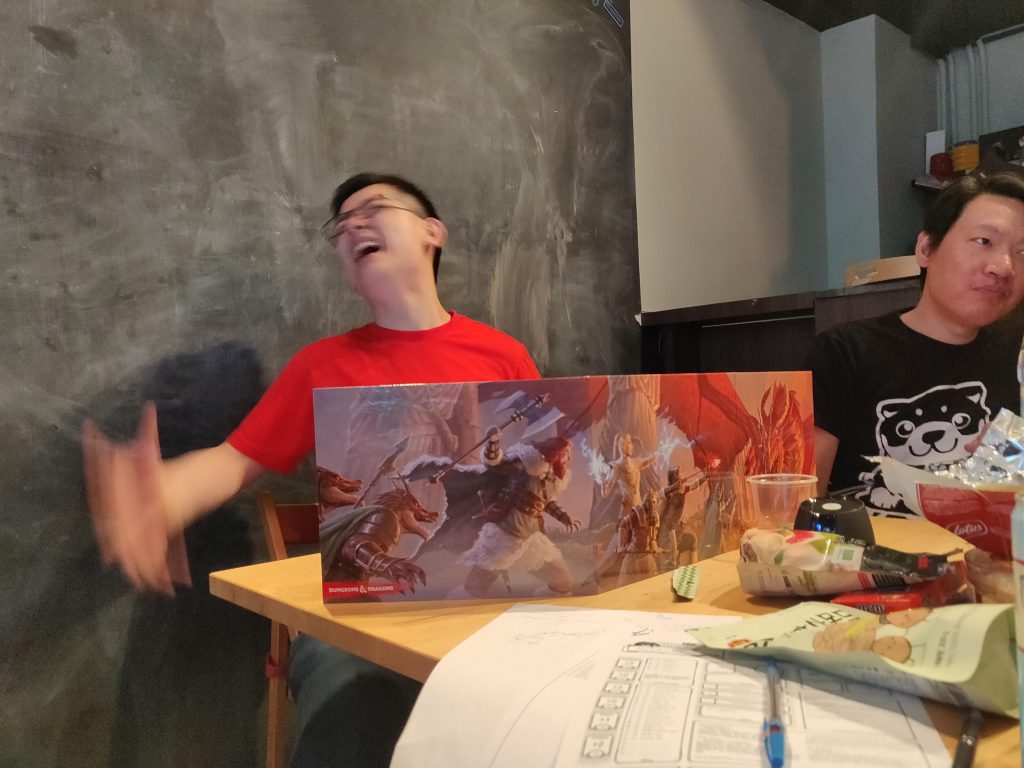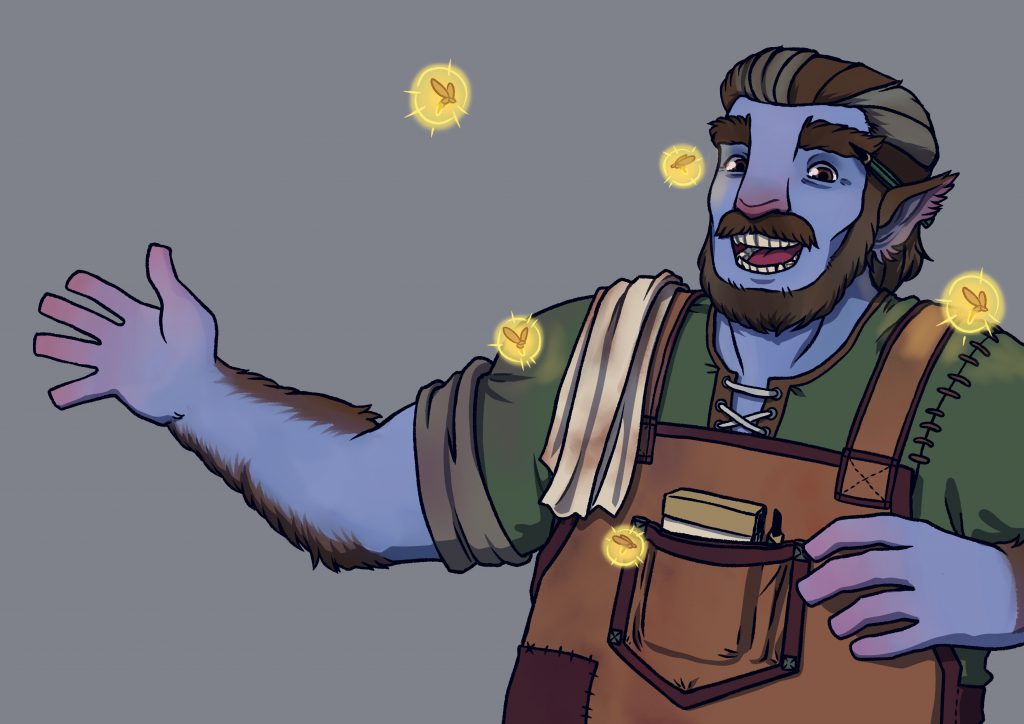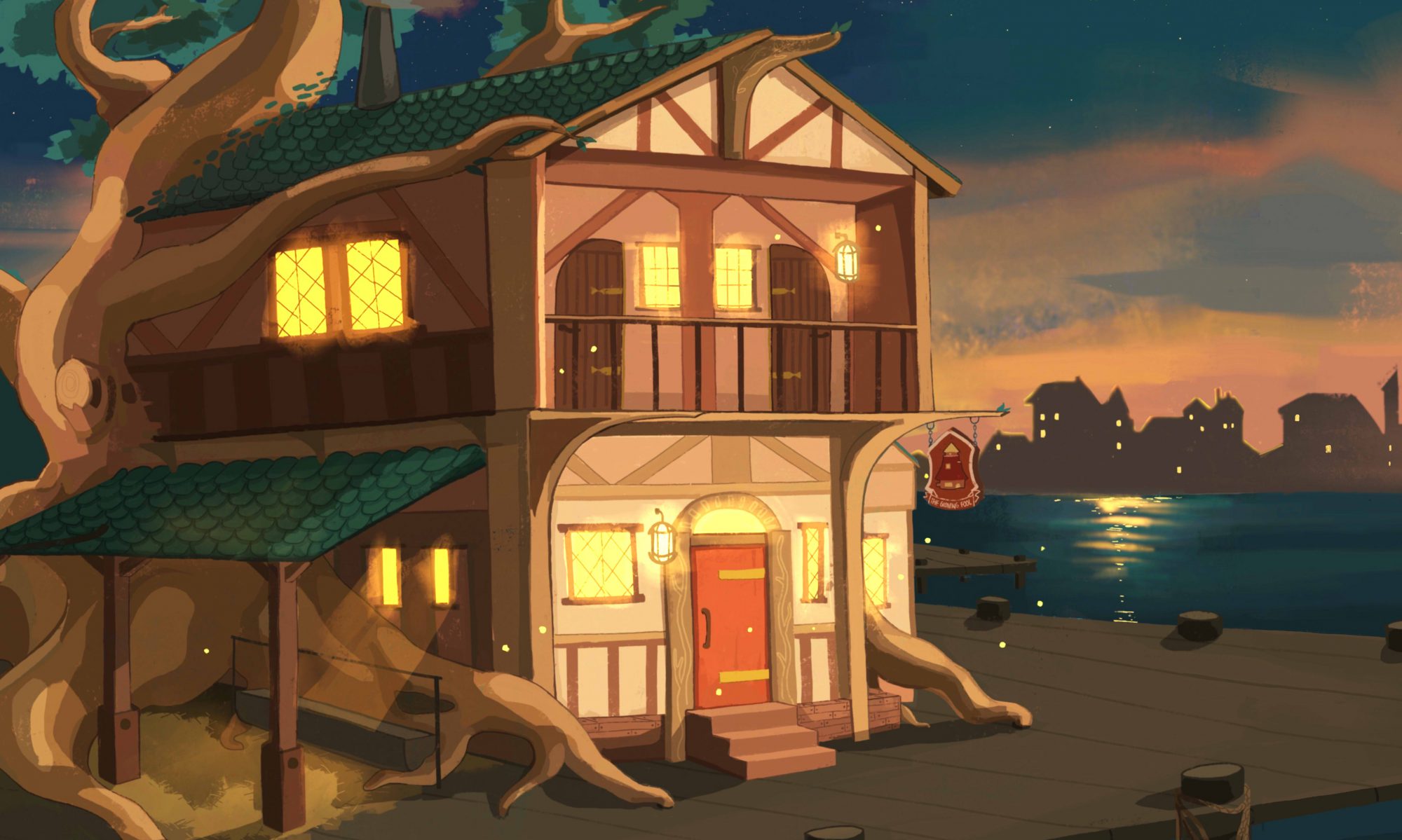One of the greatest strengths that D&D has is that it gives you the opportunity to be someone else. You get to step into the shoes of a character completely different from you, and get to see the world from their point of view. An amazing way for players to do this is by role-playing their characters. To take on their character’s mannerisms, tone, and persona at the table so that they can feel more connected with their characters.
However, some players (especially newer players) can be quite shy when it comes to role-playing. Typically, the first (and best) course of action, is to talk to your players, and see if they would be keen on role-playing more. A quick message like this would go a long way.
“Hey guys! I just wanted to check if you would all be keen in role-playing your characters more? I think it would add a great deal of enjoyment to our game, what do you all think?”
But beyond just that, if the shyness persists, here are a few things that you, as a Dungeon Master (DM), can do to help your players feel more comfortable role-playing at the table.
Lead by example

The best way to ease your players into role-playing, is by role-playing yourself. As the DM, you set the tone of the session, and should try to lead by example whenever possible. Rather than just describing the mundane activities that NPCs engage in, act them out! Give each character that the party meets a slightly different voice, tone, or demeanor (and even slightly change your body language to match). Hopefully your players will be keen to follow your lead and be more comfortable in acting out their characters themselves.
I can understand though the apprehension that many new DMs would have with being the first to role-play and getting invested in fully acting out a character. I can still remember the first time that I went “all out” in acting an NPC. It was the first time I was DMing, and it was for some of my closest friends. I had decided to go for a full-on “high-pitched ghost-like voice” for my very first attempt. It was immediately met with a solid 5-minutes of laughter at the table. They were simply not expecting me to pull out this type of voice and were legitimately caught off guard. This experience made me more apprehensive about doing voices. When you are the first to act out a character, you open yourself up, and make yourself more vulnerable. But over time, I gradually came to overcome it, and became more comfortable acting out weird and silly characters. It helps to have a receptive table, that knows you’re going to be acting characters out. The rest is just practice, and getting used to role-playing.
Get them comfortable
That experience with my friends laughing at my voices did teach me one very important lesson though. It is that players are more likely to be comfortable making fools of themselves, if someone else has already made a fool of themselves. It helps set the stage that “this table” is open to role-play and that it is welcome.

In our monthly “D&D Introduction Sessions”, one of the things I like to do early on is introduce players to our inn keeper, Kasperle (or Kas). And set a scene where Kas offers the party to try a new drink that he recently received. After the party tries the drink, they realize that it is so potent, that it can easily numb their mouths, to the point that speech becomes weird. Kas, whom also tried the drink, would then start talking with his tongue sticking out.
This always has the reaction of getting a few laughs from the table. And in my experience, helps them feel more comfortable and at ease pushing the boundaries of what they are willing to do when it comes to role-play. “If the DM is willing to make a total fool of himself, then I guess it’s ok if I make a minor fool of myself too!.“
The players (if they were affected by the drink) are free to also talk with their tongues out like Kas, but I don’t push them to do that. The ailment is immediately cured by Kas the moment he realizes what has happened.

Be understanding
At the end of the day though, if your players are not the type whom are comfortable with role-playing, please respect that. While for some, role-playing makes the experience better and more authentic, for others, it makes them uncomfortable and stressful. As the DM, it is your responsibility to make sure that everyone at the table is having fun, and that means getting a sense of what each person finds enjoyable, and leaning towards that direction as best you can. If you have some people whom are really comfortable with acting out their characters, great! If your other players aren’t as comfortable, that’s fine too! The old adage of “you can lead a horse to water, but you can’t make them drink” is very much applicable in this scenario.
So long as you and your players are having fun, role-play or not, you’ve done your job as the DM. And hopefully, many happy adventures and laughs await you and your table in the near future.
Earl is what you would call a Dungeons & Dragons addict. He watches D&D shows, prowls the D&D forums, and basically lives, breathes, and eats D&D (It’s no joke, he literally listens to the D&D Podcast while eating). He likes to be thought of as the “lead fool” as he guides us all through the silliness of D&D.
For his day-job. Earl is an ERP Consultant with the Nomura Research Institute (NRI). He is also a Shaper with the Global Shapers: Hong Kong Hub.


